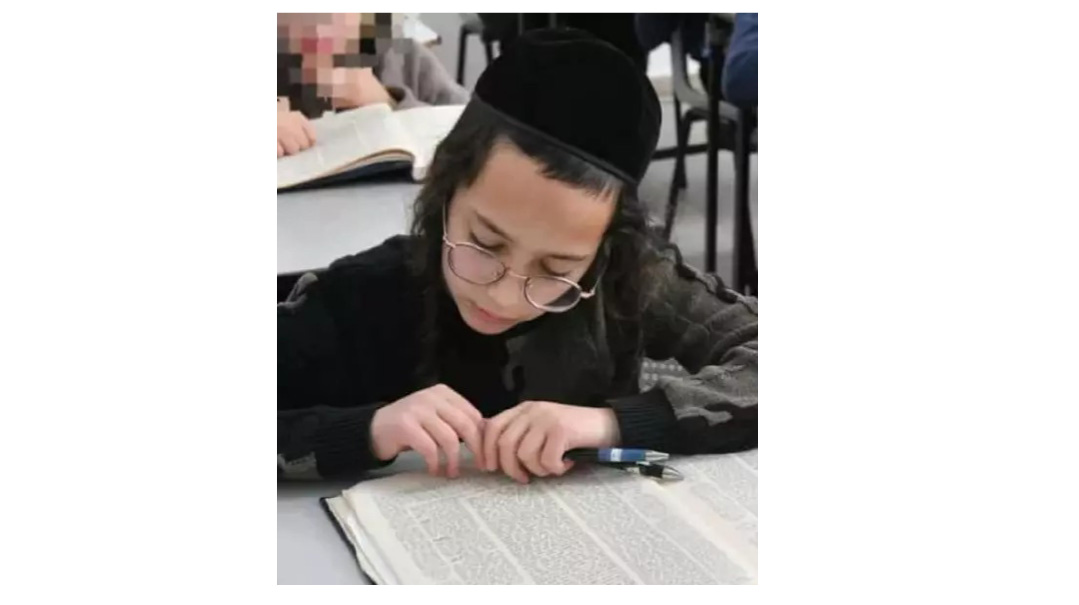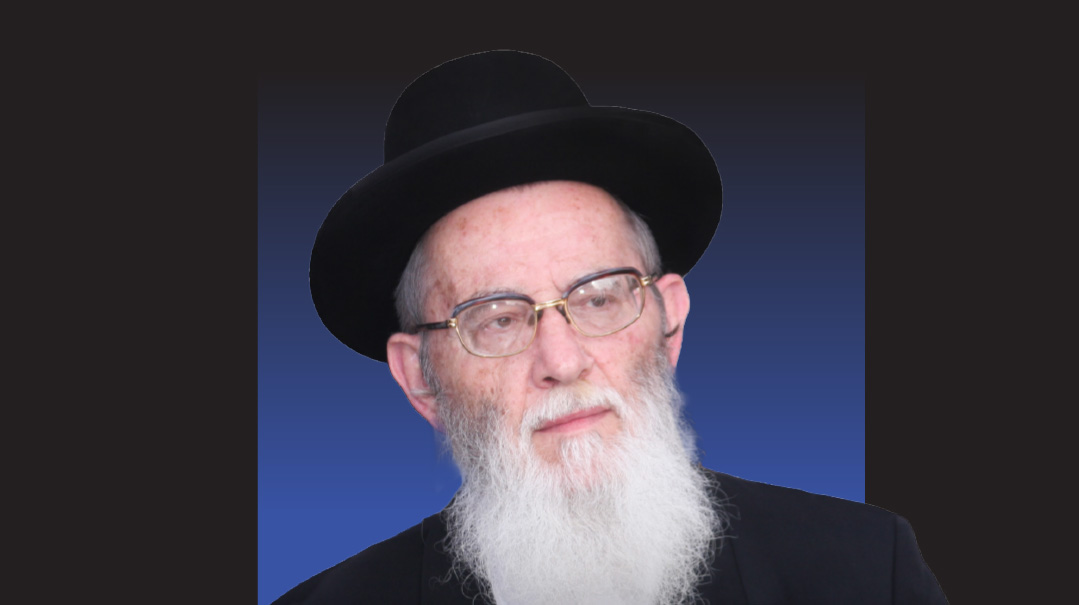Our Tuvia’le
| December 24, 2024On 11 Kislev we lost a beautiful child — and the promise for so much greatness

IT was an unfathomable shift — from the pinnacle of joy to incomprehensible tragedy. Twelve-year-old Yehoshua Aharon Tuvia Simcha was sitting beside his sisters on the Jerusalem-bound 291 bus from Beitar, returning home from their older sister’s last sheva brachos, when a terrorist opened fire and killed the boy.
On 11 Kislev we lost a beautiful child — and the promise for so much greatness.
“Just a few months ago, you asked me about the tefillin I would buy you for your bar mitzvah,” wept his father, Rav Dovid Zusha, Rosh Yeshivah of Yeshiva Klal Chassidi in Beitar Illit. “You didn’t care about the hall or the event, only the tefillin. And now, instead of tefillin, I am buying you a burial plot.
“In your merit, I became a better father. I constantly felt that I needed to improve, so I could be worthy of being the father of a son like you.”
The sheva brachos had taken place in the yeshivah in Beitar. Afterward, half the family went home by car, and the others boarded the 291 bus. As it approached the checkpoint, terrorists fired 22 bullets at the bus.
Tuvia, Hashem yikom damo, learned in the Pnei Menachem cheder in Yerushalayim, and the Rosh Yeshivah, Rav Shaul Alter, described him as the “crown of the Talmud Torah.”
Just a few days earlier, the Rosh Yeshivah had spoken to Tuvia about his upcoming bar mitzvah. “We spoke about ‘vayidar Yaakov neder’ — that when a Yid sets out on a journey, he makes a kabbalah. You made a kabbalah, intending to keep it. But Hashem didn’t want the kabbalah you took on for life. He wanted your life itself.”
Tuvia’s commitment to Torah was that of a bochur far older than him. A rebbi from the cheder shared how just a week before he was killed, Tuvia arrived at school and ran to open a Ketzos Hachoshen before eating breakfast.
“I asked him why he didn’t eat first,” the rebbi shared. “He said, ‘On the way to cheder I had a he’arah, (an insight) and I wanted to check if it was emes.’ ”
He was a mevakesh, never ceasing his pursuit for further clarity. “He kept asking me to learn with him,” his rebbi recalled. “When I explained a Tosafos, he insisted on understanding every detail. On his last day, I learned with him for twenty minutes. When we didn’t finish, I told him we would continue the next day. Now, he’ll continue learning in the Yeshivah shel Maalah.”
He was a role model to his classmates but also their best friend. He was constantly complimenting his friends; on his final trip home from Beitar, he borrowed a phone from someone so that he could call a friend and compliment him for something he’d done earlier that day.
Tuvia’s married brother described how whenever he came for Shabbos, Tuvia would help him with his suitcase, take care of whatever was needed, and then ask, “When will you learn with me?”
Perhaps the most heartbreaking hesped was given by his seven-year-old younger brother, Mordechai. “I loved you so much, I loved talking to you so much. And now — who will learn with me? Who will answer all my questions?”
For reasons we cannot understand, Hashem chose to transform joy into tragedy.
But He can also transform tragedy to joy.
May we soon see nechamah — for this tragedy and so many others — as the many tzaros fade away with the coming of Mashiach bimheirah b’yameinu. Amen.
(Originally featured in Mishpacha, Issue 1042)
Oops! We could not locate your form.







